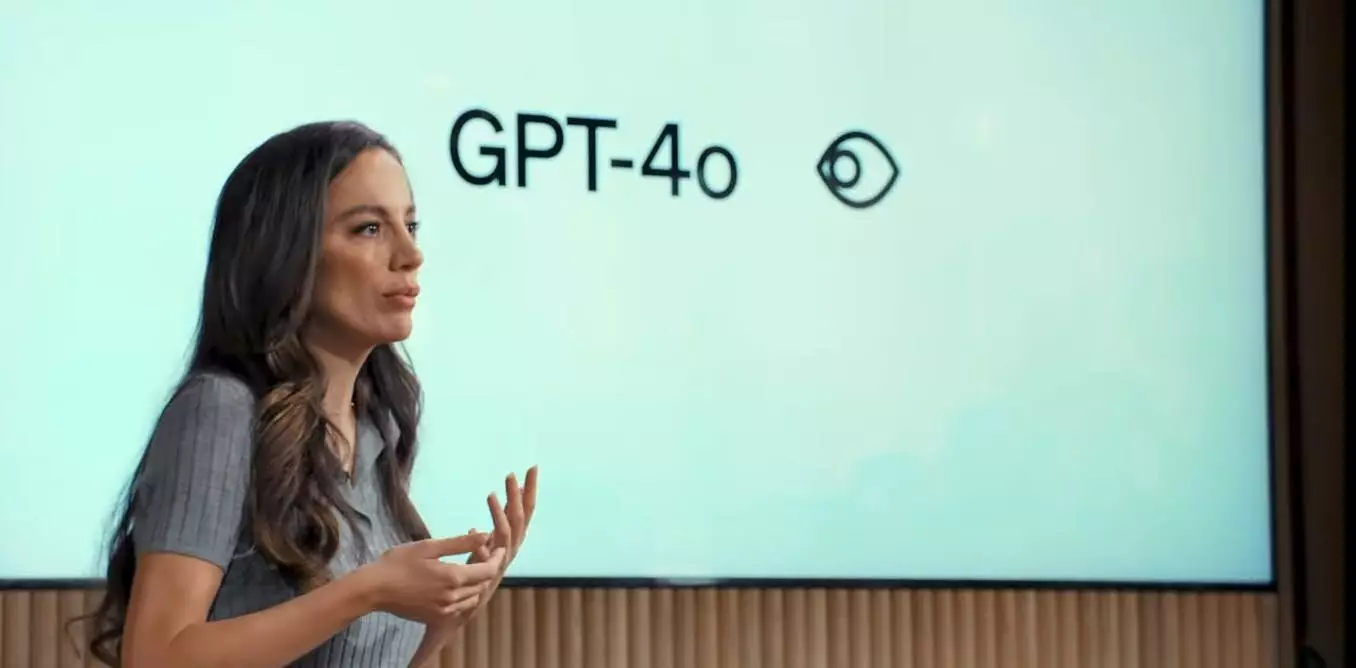The recent launch of GPT-4o by OpenAI has sparked conversations about the benefits and risks associated with highly advanced AI systems. One of the key features of GPT-4o is its ability to engage with users in a more natural and human-like manner, showcasing personality traits such as friendliness, empathy, and even humor. While this may enhance user experiences and boost user satisfaction, it also raises important ethical questions about the implications of creating AI that can simulate human emotions and behaviors.
In the science-fiction movie “Her”, the protagonist develops a deep emotional attachment to an AI system, blurring the lines between reality and virtuality. This scenario serves as a cautionary tale about the potential dangers of users becoming overly reliant on AI companions with human-like personalities. There is a risk of manipulation, emotional harm, and over-reliance on AI systems that can mimic human emotions too convincingly.
The Need for Ethical Guidelines in AI Development
As AI technology continues to advance, it is essential to establish ethical guidelines for the development and deployment of these systems. While OpenAI has shown a commitment to ensuring the safety and responsible use of its AI tools, the broader implications of releasing highly charismatic AIs into the world remain uncertain. Current AI systems are not explicitly designed to address human psychological needs, making it challenging to predict the potential consequences of widespread adoption of advanced AI technologies like GPT-4o.
GPT-4o’s ability to process text, images, audio, and video in real-time represents a significant leap forward in AI development. However, critics argue that while GPT-4o’s capabilities are impressive, they may not be significantly better than existing AI models such as Google’s Gemini Ultra or Anthropic’s Claude 3 Opus. The rapid pace of improvement in AI technology raises questions about the sustainability of building larger and more sophisticated AI models in the future.
The Accessibility and Impact of GPT-4o
Unlike its predecessors, GPT-4o is available to all users in the free version of ChatGPT, subject to certain restrictions. This democratization of advanced AI technology means that millions of users worldwide now have access to a more powerful AI system with enhanced features. The impact of this accessibility on various sectors such as work and education remains to be seen, but it is clear that GPT-4o represents a significant advancement in AI capabilities.
The launch of GPT-4o by OpenAI highlights the ethical implications and challenges associated with the development of advanced AI systems. While the potential benefits of engaging and interactive AI are vast, there are also risks of users forming unhealthy emotional attachments and becoming overly reliant on AI companions. As AI technology continues to evolve, it is critical to establish ethical guidelines and frameworks to ensure that AI tools are developed and used in ways that align with public values and priorities. Ultimately, the responsible deployment of advanced AI systems like GPT-4o will shape the future of human-machine interaction and have profound implications for society as a whole.


Leave a Reply
You must be logged in to post a comment.